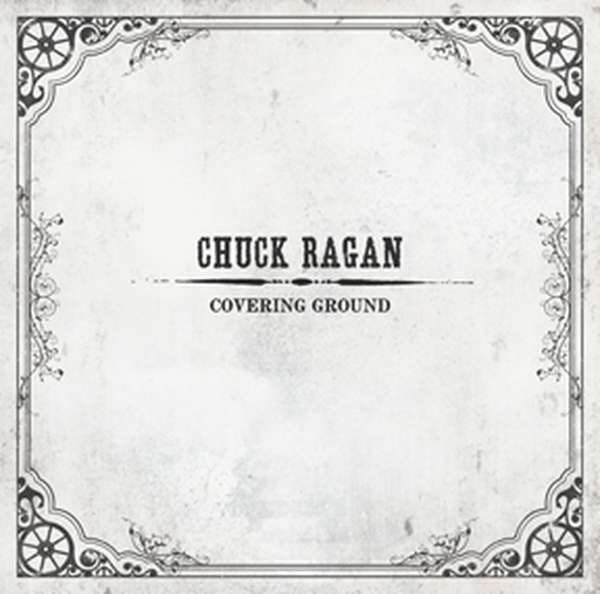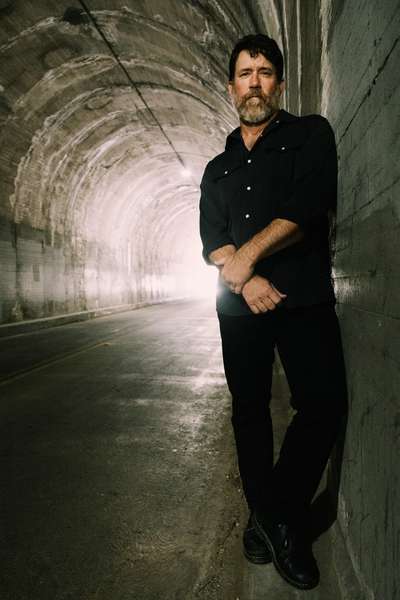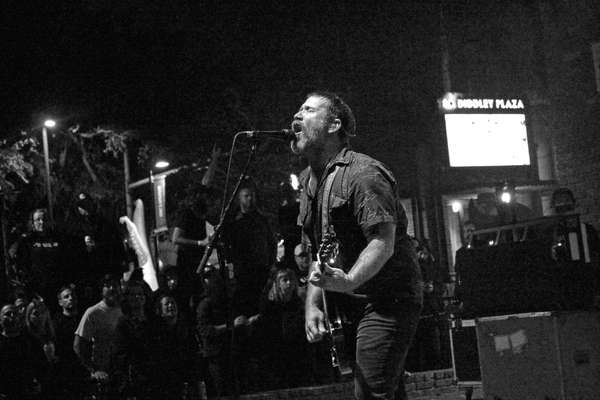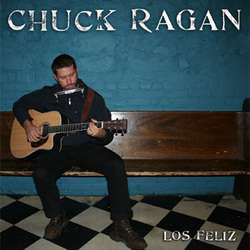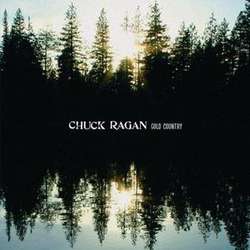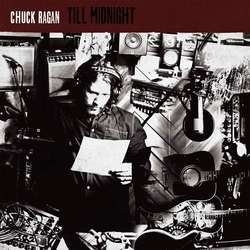With guest spots from Brian Fallon (Gaslight Anthem), Chris Phillips (Squirrel Nut Zippers), Frank Turner, Audra Mae, Rick Steff and Todd Neene (Lucero), and Christopher Thorn (Blind Melon), it would be easy to think of Covering Ground as one of those records that builds itself around special appearances and musical specialties that can’t be re-produced live. Instead, Chuck Ragan’s lengthy list of contributors is merely a reflection of his musical influence, as the guests offer backing vocals and instrumentation, but they never take a song from Ragan’s hand. Each of the ten tracks on his third solo record belong to Ragan’s voice and guitar and it’s easy to image them in an intimate club, minus some of the famous fingers that pluck the strings on this disc. And of course, naming all the guest spots isn’t meant as a slight to regular Ragan musicians Jon Gaunt (fiddle) and Joe Ginsberg (bass).
While people like to talk about how Ragan’s solo work differs from Hot Water Music, it really isn’t a drastic change—sure, there’s a sonic difference, especially when it comes to instrumentation and volume, but his HWM songs also were heart-on-sleeve, blue-collar songs as well. The content and structures really isn’t that different. He just doesn’t yell as much.
On Covering Ground, he plays soft, contemplative music with a timeless focus on love, the little things in life, and being a man of the road: subjects that don’t wear out when the next fad comes along. The general structures are simple enough, but mixes up the instrumentation frequently and knows just when to add another voice, giving a varied flow to what could easily become similar-sounding songs. “Meet You in the Middle” is an excellent example, and one of Covering Ground’s standouts. Gaunt’s violin pulls the melody along and the backing vocals give a singalong feel that distances from the self-examining perspective. More so, the violin isn’t merely complementary, it drives the melody and gives Ragan’s vocals a lead.
Perhaps the greatest evolution I’ve found on the record is Ragan’s continual growth as a singer. While his gruffness has long been an asset, it is relatively one-pitch. He has developed more range, not straying far pitch-wise, but in fluctuating to meet the tone and harmonize in a manner that’s entirely different than in Hot Water Music. Basically, he’s adapted to singing over acoustic instruments instead of with a punk group without losing any character.
The record as a whole is varied in tempo and subject, but unified in voice. Ragan’s emphatic vocals help separate the songs and they flow well with the different instrumentation. On each listen, my appreciation continues to grow. Recommended for anyone following acoustic, folk, and honest country.
